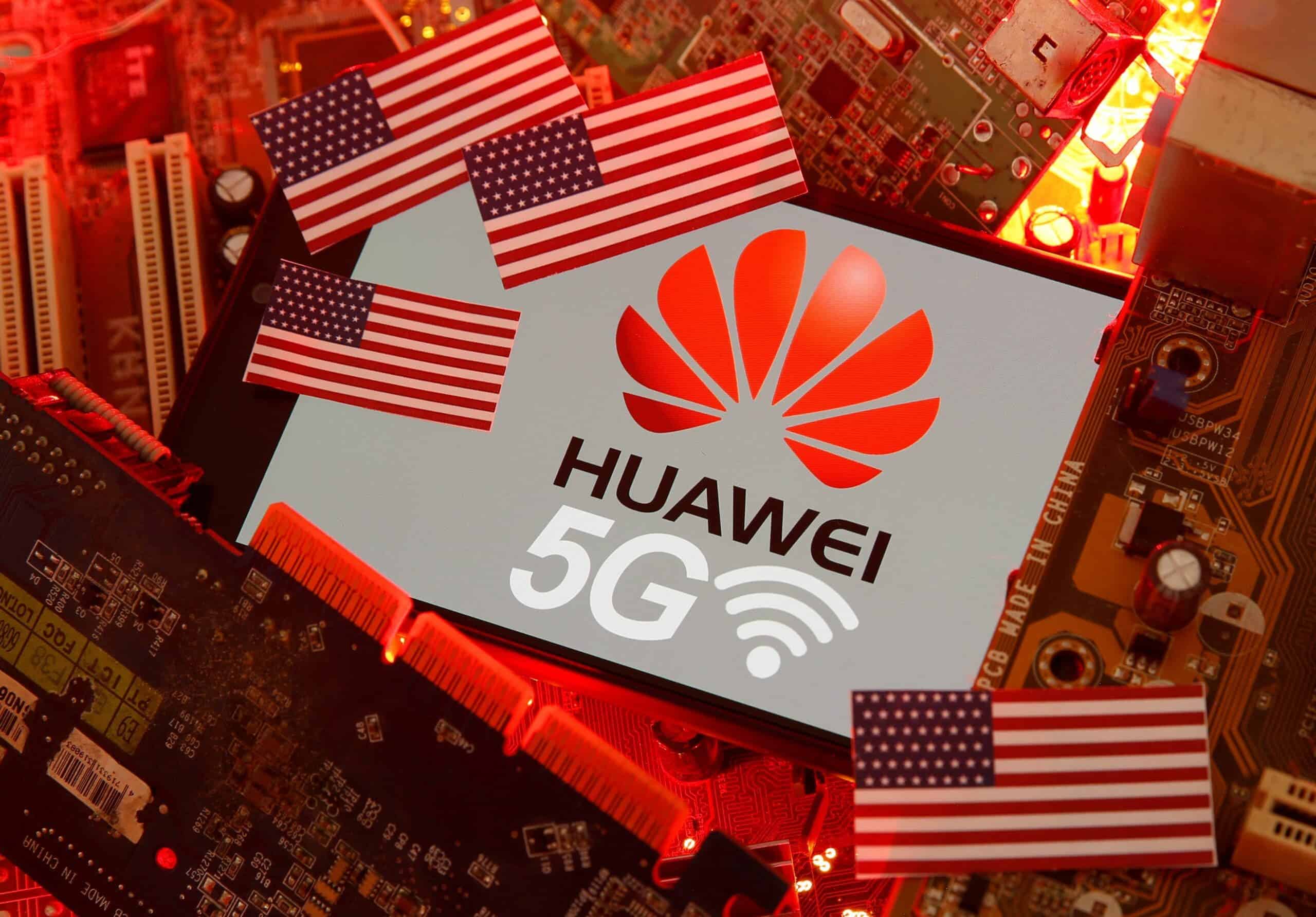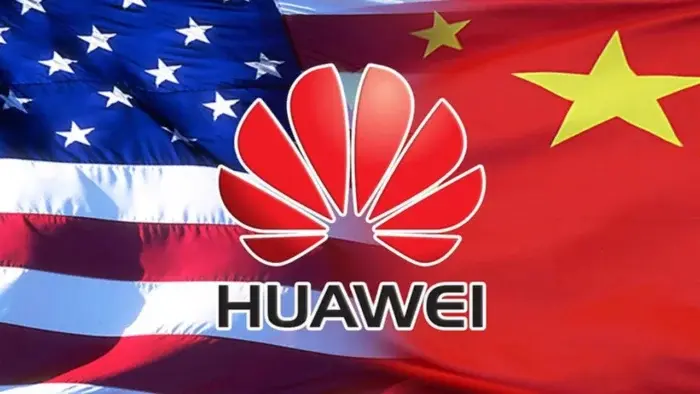The US Department of Commerce has announced a further tightening of export restrictions on Chinese tech giant Huawei. This move comes amid ongoing tensions between the US and China regarding national security and technological dominance.
The new regulations effectively ban American chip manufacturers like Intel and Qualcomm from selling any products to Huawei. This includes the revocation of previously granted licenses for the export of non-5G chips to Huawei, a provision with previously undisclosed specifics. This decision follows the recent launch of Huawei’s MateBook X laptop featuring an Intel processor.
The US Tightens Restrictions on Huawei Chip Sales, Citing National Security Concerns

The US government has long expressed concerns about Huawei’s ties to the Chinese government, citing potential national security risks. These concerns led to the initial ban of Huawei in 2019, restricting access to American technologies like 5G chipsets, modem chips, and Google services.
Previously, large US companies like Intel and Qualcomm had obtained licenses to supply Huawei with certain non-5G technology products. However, these licenses required renewal at regular intervals. The recent actions by the Department of Commerce indicate a shift in US policy, with the decision not to renew these licenses effectively cutting off Huawei’s access to American-made chips altogether.
Huawei has yet to comment on the latest US restrictions. The company has previously suffered significant losses due to the initial ban, and this new development is likely to further strain its operations. Moving forward, Huawei will likely be forced to rely on processors developed by its domestic partner SMIC or alternative suppliers like MediaTek to maintain production.
The Chinese government has condemned the US actions, accusing them of “economic bullying.” They maintain that these moves against Chinese tech firms are unacceptable and create an unfair advantage for US companies.
The latest restrictions on Huawei chip sales are expected to have a significant impact on the global tech industry. Analysts predict potential disruptions in the supply chain and potential price increases for consumers as Huawei seeks alternative chip sources. Additionally, the move is likely to further escalate tensions between the US and China in the ongoing tech war.





